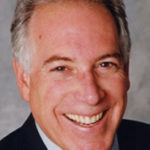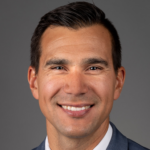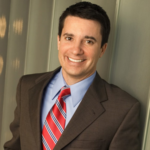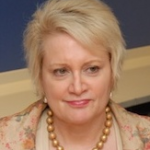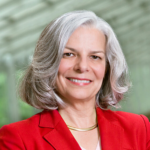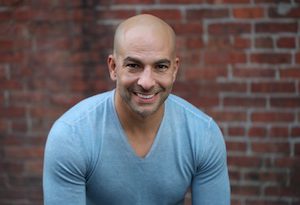
Dr. Peter Attia Speaking Fee: $150,000 to $200,000

Speaking Fee:
$150,000 to $200,000
Travels From:
AUS - Austin
Travels From:
AUS - Austin
Primary Topic Category:
Healthcare
Primary Topic Category:
Healthcare
Dr. Peter Attia Speaker Profile: At A Glance
Peter is a physician focusing on the applied science of longevity. His practice deals extensively with nutritional interventions, exercise physiology, sleep physiology, emotional and mental health, and pharmacology to increase lifespan (how long you live), while simultaneously improving healthspan (the quality of your life).
Peter is the founder of Attia Medical, a medical practice with offices in California and New York City, focusing on the applied science of longevity. The practice applies nutritional biochemistry, exercise physiology, sleep physiology, techniques to increase distress tolerance, lipidology, pharmacology, and four-system endocrinology to increase lifespan (how long you live), while simultaneously improving health span (quality of life).
Peter earned his M.D. from Stanford University and holds a B.Sc. in mechanical engineering and applied mathematics. He trained for five years at the Johns Hopkins Hospital in general surgery, where he was the recipient of several prestigious awards, including resident of the year, and the author of a comprehensive review of general surgery. He spent two years at the National Institutes of Health (NIH) as a surgical oncology fellow at the National Cancer Institute where his research focused on immune-based therapies for cancer. He has since been mentored by some of the most experienced and innovative lipidologists, endocrinologists, gynecologists, sleep physiologists, and longevity scientists in the United States and Canada.
